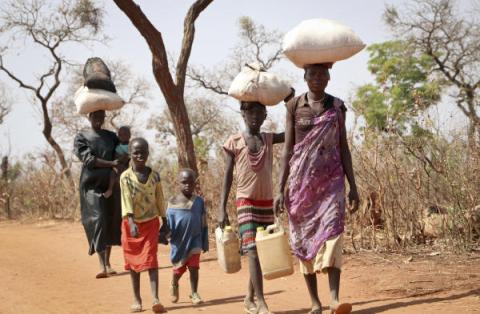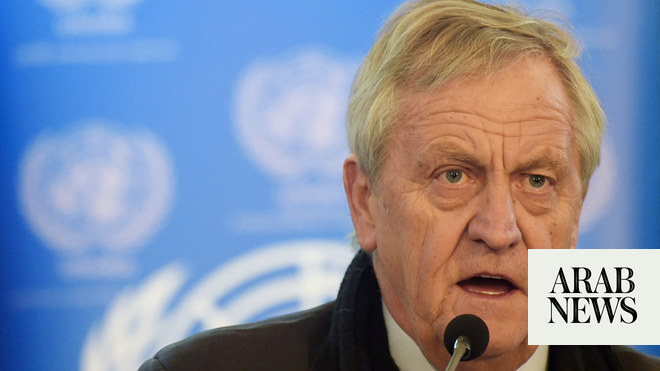
DUBAI (Reuters) - Gulf stock markets were muted on Sunday after Joe Biden’s U.S. election victory, reflecting expectations that his administration will not bring radical changes to the region’s struggling economies.
In Saudi Arabia, the stocks index .TASI declined 0.2% at market open but posted some gains in early trading and was up 0.3% at 0725 GMT. Other Gulf markets were mixed.
Expectations of moderate oil prices and a weaker U.S. dollar under a Biden administration could add pressure on Gulf government’s budget deficits, analysts say, accelerating the need for reforms.
“Long-term, low global interest rates, low oil prices, and a weaker U.S. dollar matter most and are generally negative for the Gulf,” said Hasnain Malik, head of equity research at Tellimer.
“But, ultimately, the waning strategic interest of the U.S. in the region and the general disinterest of the U.S. electorate in most aspects of foreign policy is the same under Biden or his predecessor,” he said.
Biden’s focus on climate change may not bode well for the oil-rich Gulf countries, which have been trying with limited success to diversify their economies and are now facing a severe economic contraction amid the twin shock of the coronavirus crisis and lower crude revenues.
“Structural challenges faced by Gulf Cooperation Council economies including the energy transition are likely to be amplified,” said Rachel Ziemba, adjunct senior fellow at the Center for a New American Security, a Washington think tank.
Shares of Saudi oil giant Aramco 2222.SE were up 0.3% in early trade on Sunday, but a Saudi banker said that was partly due to expectations of dividend payments soon.
During his election campaign Biden pledged to reassess ties with Saudi Arabia, demand more accountability over Saudi journalist Jamal Khashoggi’s killing in Riyadh’s Istanbul consulate in 2018, and end U.S. support for the Yemen war. Still, a radical reset of the U.S. approach to the Gulf region is viewed as unlikely.
“A Biden presidency is not going to make or break Gulf economies,” said Robert Mogielnicki, resident scholar at Washington-based Arab Gulf States Institute.
“The most consequential decisions for the overall health and sustainability of Gulf economies will be smart spending and implementing economic reforms within the region.”












